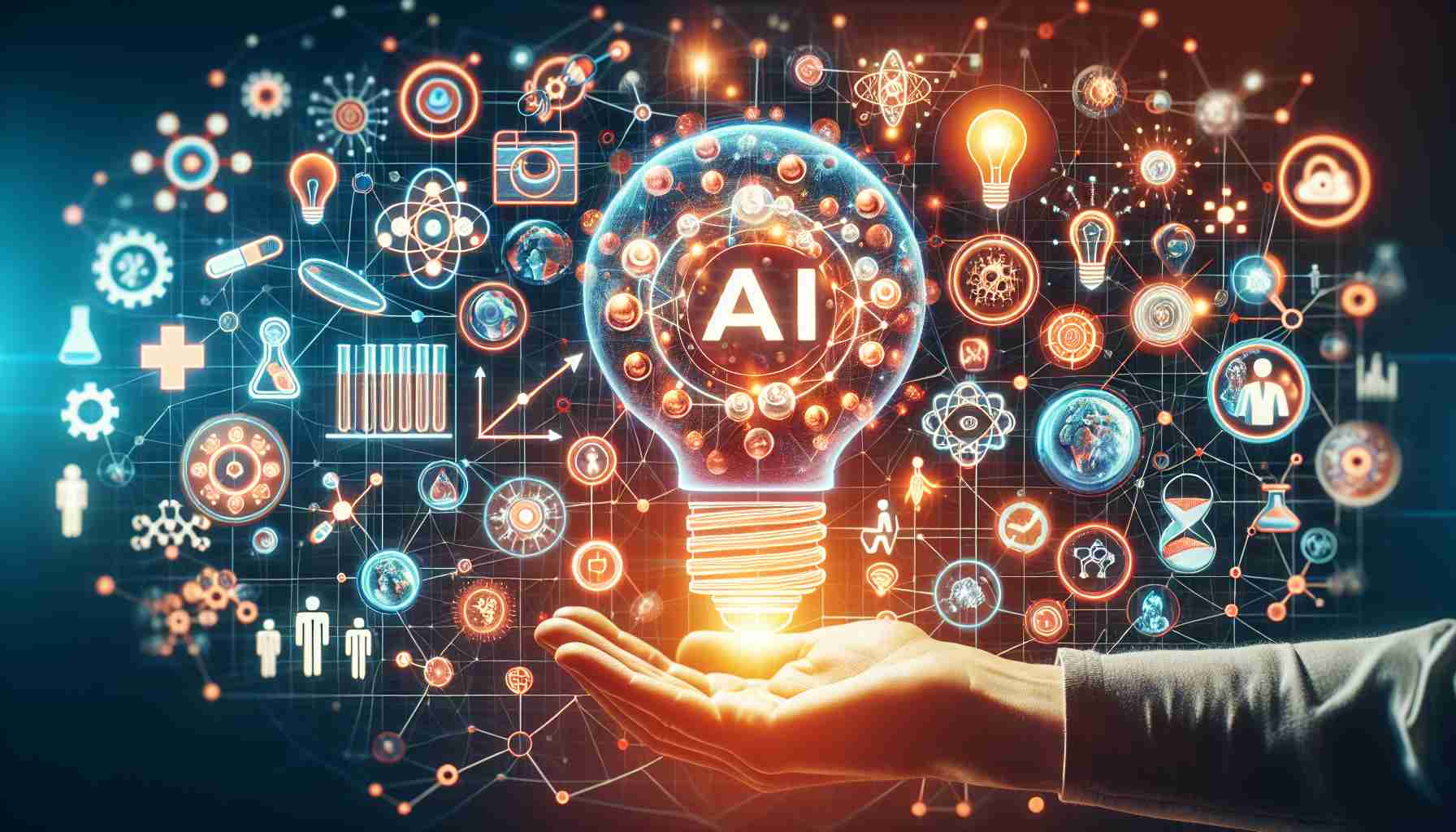Searching for groundbreaking drug development ideas, the K-MediHub New Drug Development Center has announced the launch of a unique competition titled ‘2024 KAIDD Utilization AI New Drug Development Idea Contest’ running from March 1 until June 2nd.
Striving to foster innovation, K-MediHub opened the KAIDD platform in 2021, a public portal aiming to bolster artificial intelligence (AI) in drug discovery. This platform boasts a suite of advanced AI model platforms, such as AD3 for candidate molecule identification, Motif Dr for motif-based drug candidate extraction, and ReBADD Pro, a multi-drug indication optimization forum.
This year’s competition invites proposals on novel ideas utilizing KAIDD. Submissions can range from new AI drug development models to policy or novel business concepts. The contest is split into two categories, welcoming both university level students and the general public. The winners will be recognized by the chairman of K-MediHub and awarded a total prize pool of 9 million won.
The chairman of K-MediHub has expressed high hopes for the role of this competition in accelerating the pace of AI in drug development within the country. As the global market for AI-driven drug discovery surges, this initiative seeks to amass innovative ideas to invigorate AI’s role in the development of new pharmaceuticals.
For detailed information about the contest and how to participate, prospective entrants can visit the competition’s official website.
The topic discusses the ‘2024 KAIDD Utilization AI New Drug Development Idea Contest’ organized by the K-MediHub New Drug Development Center. Here are some important questions and answers, as well as key challenges and controversies, followed by the advantages and disadvantages of AI-driven drug discovery:
Important Questions and Answers:
– What is the significance of the contest?
The contest aims to draw innovative ideas that can leverage the power of artificial intelligence in drug discovery. Given the potential of AI to revolutionize pharmaceutical development, such contests can help identify breakthrough technologies or approaches that may expedite the discovery of new drugs.
– Who may enter the contest?
The competition is open to university-level students as well as the general public, which encourages broader community engagement and the opportunity for diverse perspectives.
– What might constitute a winning submission?
A winning submission could be a novel AI model for drug development, a policy suggestion to enhance AI utilization in drug discovery, or a creative business model that integrates AI technologies in the pharmaceutical industry.
Key Challenges:
– Data Quality and Quantity: AI models rely on vast amounts of high-quality data to train and validate drug discovery algorithms. Obtaining and curating such datasets is often a major challenge.
– Computational Requirements: The computational power required for these AI models can be immense, potentially limiting the ability of smaller entities to compete.
– Drug Development Complexity: The drug development process is complex and multidimensional, incorporating biological, chemical, legal, and ethical considerations that AI models must navigate.
Controversies:
– Intellectual Property: Issues may arise about the ownership of data, algorithms, and the resulting drug candidates discovered through AI.
– Ethical Considerations: The use of AI in drug discovery raises ethical concerns, for example, potential biases in algorithms that could influence research focus and availability of treatment.
Advantages:
– Efficiency: AI has the potential to significantly reduce the time and cost involved in the drug discovery process by quickly processing vast datasets to predict successful drug candidates.
– Precision Medicine: AI can aid in the development of personalized medicine by identifying unique molecular targets for specific patient groups.
Disadvantages:
– Lack of Explainability: The ‘black-box’ nature of some AI systems can lead to a lack of understanding of how AI comes to specific conclusions or predictions, a significant hurdle in the highly regulated pharmaceutical industry.
– Dependency on Data: The success of AI models is largely dependent on the quality and breadth of the data available, which may not always be adequate or accessible.
For more insights into AI-driven drug discovery and to stay updated with the latest news in the field, you can visit the following links:
– National Center for Biotechnology Information
– World Health Organization
– U.S. Food and Drug Administration
Always ensure that the URLs provided are accurate and the information meets the latest standards of validity as my knowledge is up-to-date only until 2023.

